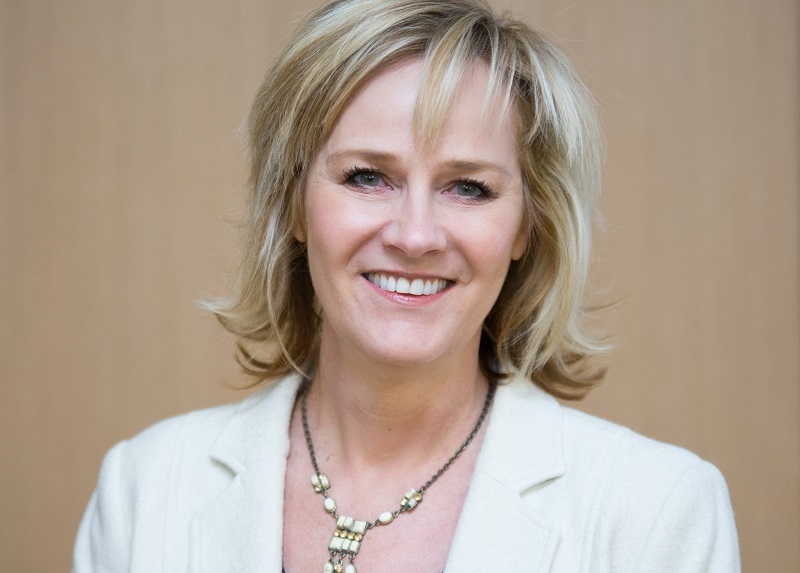If you’re a Canadian woman you can see it. (This is especially true if you’ve been around for the last 40 years or so.) There are major changes in how women live, work, vote, run for election and get educated.

From the earliest struggles of feminists like Nellie McLung to the women’s lib movement to #metoo it has been a struggle for equality. While we’re much closer in Canada than in many places in the world where women are still truly subjugated we have yet to achieve true equality in many areas.
READ FULL SERIES: Shattering Glass: Winnipeg’s Women
As part of our Shattered Glass series on 680 CJOB, we spoke with a number of highly successful Winnipeg women who told us their stories of how they got to the corner office. For each of them, the path was different yet there are common threads.
They often came from small towns or rural areas and in many cases have moved around the country. There’s also an interesting side note in that there is a sports background in many of their lives.
Most we spoke to had been athletes in their younger days and credit those experiences with teaching them about teamwork and leadership. They also provided an outlet for their competitive natures. That characteristic is consistent. They are all highly winners.
Like all men who have made it to the top of their companies, these women had to work much harder than their co-workers. They had to put in the extra hours and sacrifice in other areas of their lives. Success comes with a cost.
They are also quick learners. Royal Aviation Museum CEO Helen Halliday discovered early that she needed to change companies if she was going to get anywhere. She wanted to enter a management training program with a hotel chain. But the man behind the desk wasn’t keen on her enrollment.

Get daily National news
“The day that I recommend a woman to be a management trainee program is the day I turn over in my grave,” she recalls him saying to her.
“Sometimes you just can’t get to the executive suite because you’re looked over” explains Knowledge Bureau CEO Evelyn Jacks. Jacks credits some early disappointments as the reasons for starting her own company.
LISTEN: Geoff Currier talks to female CEOs in Winnipeg
When it comes to achieving success on an equal footing these women recognize that male-dominated environments much of the time. While there are far more female bosses than ever before they are generally still a minority around the boardroom table. It’s telling the extent to which our attitudes can still be stuck when it comes to dealing with men and women in the business world. Centreport Canada CEO Diane Gray has seen it plenty of times.
“I will be with one of my male staff and the individual we are speaking with will speak to my staff person as opposed to speak(ing) to me.”
“If I would be with my male colleague even though I was the director they would assume he was the director and I was the secretary,” says Mariette Mulaire, who is the CEO of the World Trade Centre, Winnipeg.
WATCH: How women can advance in the workplace

For the most part, they’re able to shrug off these incidents as minor offences but the sting of disrespect lingers. Even when the intent to denigrate is not there it’s difficult to ignore. Once again, it’s a sign that even in Canada we haven’t crossed the finish line. Perhaps there is no real line to cross.
It may well be that the work needed to reach true equality between men and women is never truly complete. It could well be that the next step will be to address the imbalance of women vs men in our post-secondary institutions.
For now, that one isn’t even on the back burner. It may surface one day but in the meantime, we remain engaged in looking for ways for women to reach their full potential.
The women who spoke for this story don’t view themselves as victims nor do they believe they’ve been particularly disadvantaged in their careers despite often being the only woman in the room. They’ve simply worked as if the glass ceiling didn’t exist. They’ve all had to learn to find a place that suits them, that will provide the mentorship needed for growth and once again, to outwork the rest of the pack.
“Be bold. Ask for what you want.” is the advice from Kim Ulmer, the president of RBC for Saskatchewan, Manitoba and northern Ontario.
Gray concurs when she suggests that a significant step on the path to success is merely showing up. Put your hand up. Volunteer to take on tasks, attend seminars and meetings. These are the people who get noticed and in the end, the issue of gender begins to fade into the background.
It’s generally the early days that present the greatest trials but as they all point out, finding the right place to work with great mentoring, enthusiasm, a thirst to learn and a desire to step up when needed will carry you a long way.













Comments